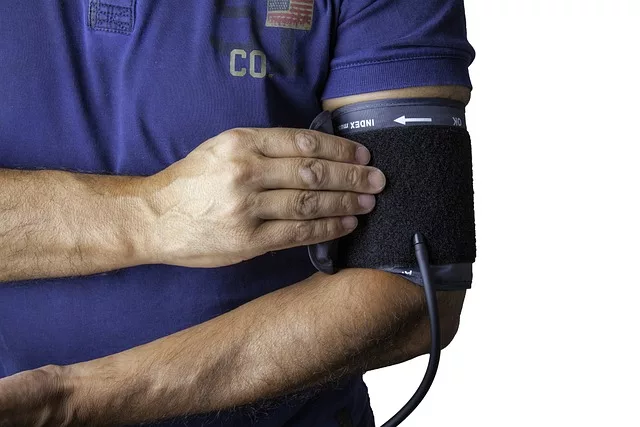Is the Military Healthcare System in Trouble?

Is the military healthcare system in trouble? That’s the conclusion some have made after reading a Pentagon Inspector General report issued on November 29, 2023. Among the major issues listed in that report? Access to medical care for military families stationed overseas.
Military Times notes, “Service members consistently ranked medical care as a top cause of dissatisfaction.” That issue affects everything from basic medical care to mental health treatments. Smaller bases suffer more in this department, according to the report.
And it’s not just military bases located in out-of-the-way locales. Military families have had less access to medical care at bases such as NAS Pensacola in Florida and Joint Base Pearl Harbor-Hickam, Hawaii. And the problem extends to network care, not just the options available on-post.
The DoD IG report also notes that “some” TRICARE networks are not enough to meet the needs of the military community in range of those networks.
How Bad Is Military Healthcare?
Regarding availability rather than quality, some get worse healthcare than others. Part of the problem is staffing. This lack of qualified care providers has plagued both the military and civilian medical community alike. And on the military side, things get complicated by the call of duty.
Air and Space Forces reports, “In the military, the (medical staffing) shortfalls are exacerbated by the fact that uniformed providers often must travel for training, deployments, or rotations to other duty assignments.” One military hospital in Florida had difficulty keeping their 24/7 emergency room open due to staffing issues in 2022 and 2023 due in part to mission requirements.
Prolonged Waiting Times For Care
At Naval Health Clinic Pearl Harbor, it can take up longer than the DoD0 mandated 28 days to get an appointment with a psychiatrist, digestive specialist, or urologist; Naval Hospital Lemoore in California takes up to 36 days to offer an in-network appointment, according to Military Times. There is also an issue with a lack of care providers willing to accept TRICARE.
It’s Not Just Active Duty
Those retiring or separating from military service also have issues with military and VA healthcare.
Federal News Network notes that an October hearing in Washington had senators voicing concern “about military mental health and the transition from TRICARE — the Defense Department’s health care program — to the Department of Veterans Affairs health care system.” This portion of the military community also suffers from a lack of access to certain types of healthcare.
One veteran-focused publication, Mission Roll Call, notes, “As of 2021, there were a reported 16.5 million former service members across the country, according to the U.S. Census Bureau. With just upwards of 9 million veterans enrolled in the VA healthcare program, that means nearly half of all veterans are unaffiliated with VA.”
In this context, the challenge of access to healthcare is complicated by the transition from military to civilian status. It can be daunting to navigate the VA healthcare system, file a VA claim, or contest a VA claim that wasn’t in the veteran’s favor.
Related: Ultimate TRICARE Guide
What’s Next?
Changes are planned, including “moving civilian providers between facilities to fill vacancies,” according to Federal Times. Other options under review include allowing military branches to swap care providers between the services and creating a new workforce plan for long-term fixes to the staffing problem.
And some individual branches of service are taking steps to add more care options. One example? The Air Force announced plans to create healthcare “regions” to supplement existing operations. But there is much work to be done in the short term to address problems current troops have getting access to medical and mental health care.
Related:
About the author
Editor-in-Chief Joe Wallace is a 13-year veteran of the United States Air Force and a former reporter/editor for Air Force Television News and the Pentagon Channel. His freelance work includes contract work for Motorola, VALoans.com, and Credit Karma. He is co-founder of Dim Art House in Springfield, Illinois, and spends his non-writing time as an abstract painter, independent publisher, and occasional filmmaker.


